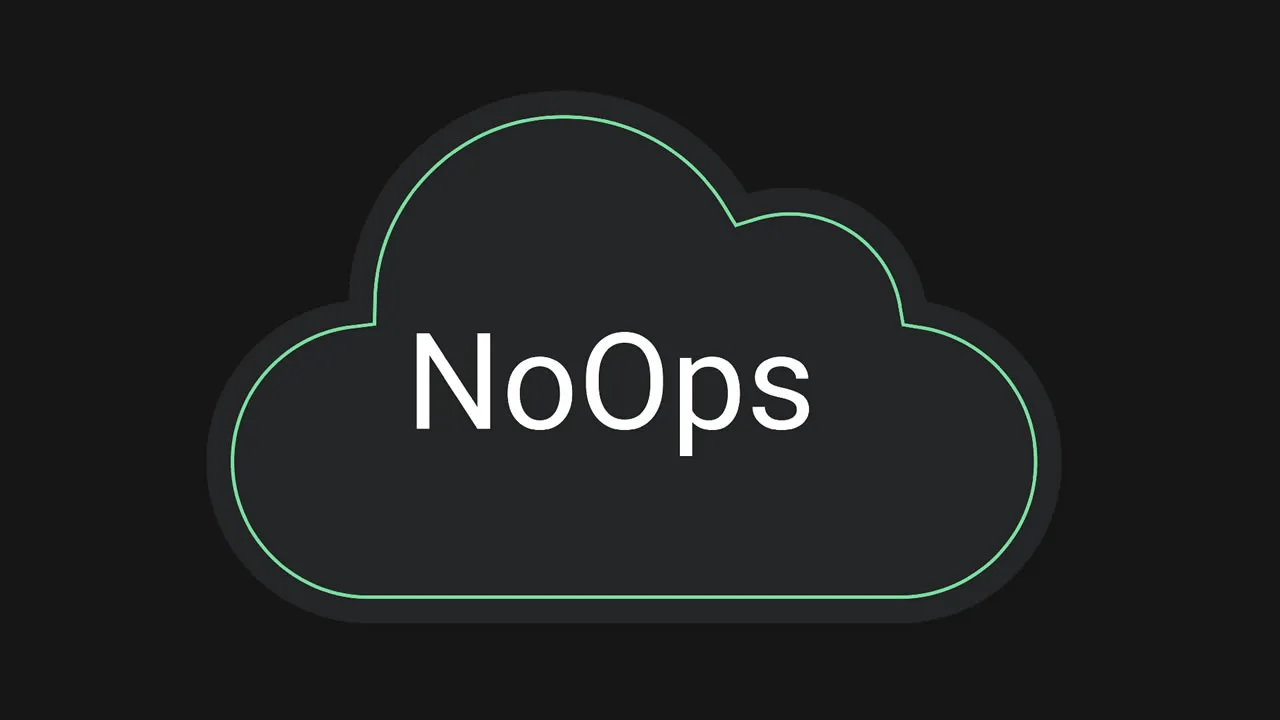Does NoOps mean the end of the DevOps era? Or is it simply the next step in the progression of DevOps? In this article, we’ll explore this question in detail.
With cloud adoption on the rise, the level of abstraction in application architecture has increased — from traditional on-premises servers to containers and serverless deployments. The focus on automation has also increased to the point where manual intervention is no longer preferred, even for infrastructure-related activities like backups, security management, and patch updates. This desired state equates to a NoOps environment, which involves smaller teams that can manage your application lifecycle. Ideally, in such an environment, the efforts required by your operations team will be eliminated.
It is beyond debate that DevOps is now deeply integrated into the DNA of all cloud-first organizations and is today more of a norm than a rarity. Cloud applications demand agility, and DevOps delivers it. However, does NoOps mean the end of the DevOps era? Or is it simply the next step in the progression of DevOps?
#cloud #devops #noops #paas
